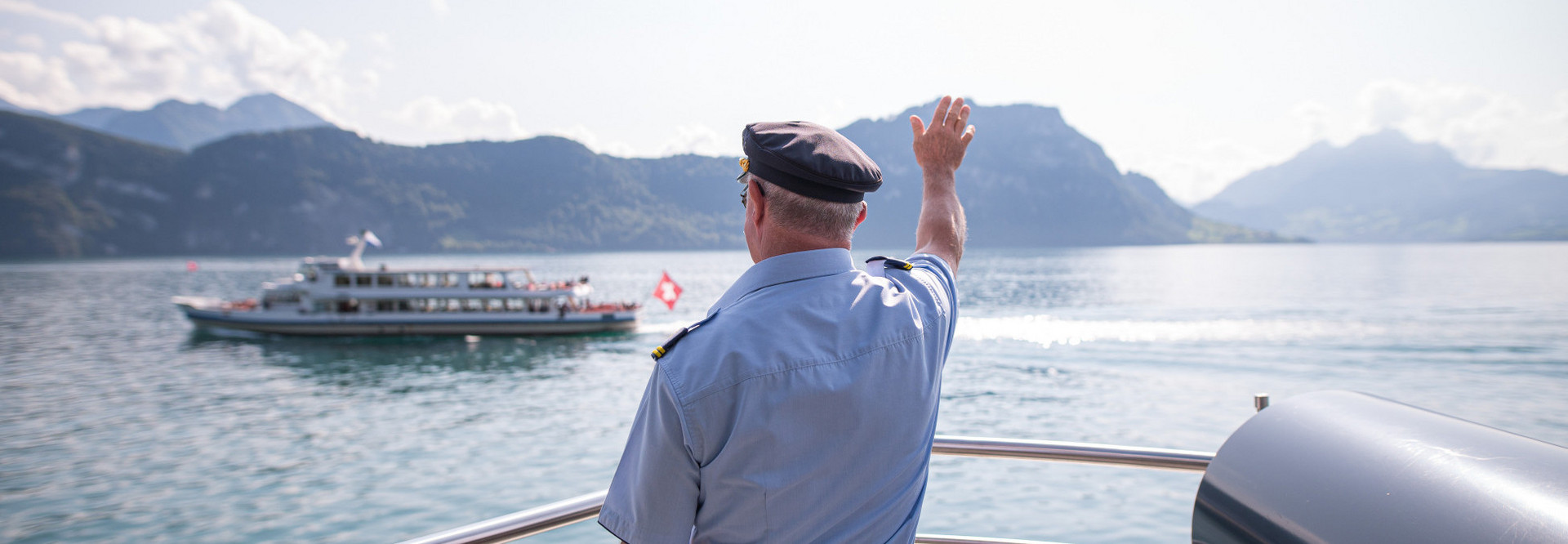

During the past decade, we have already implemented a number of significant climate protection and carbon reduction projects, but our tireless work never ceases and a number of new activities are currently already in the pipeline.These will contribute to the reduction of greenhouse gases. We are thus taking responsibility for our own CO2 emissions and financing various measures and projects.
This list highlights some of achievements to this date:
Progress is continuous and we are always looking for new ways to reduce our carbon footprint and make our fleet more sustainable. Currently we are implementing the following measures or evaluating such options.